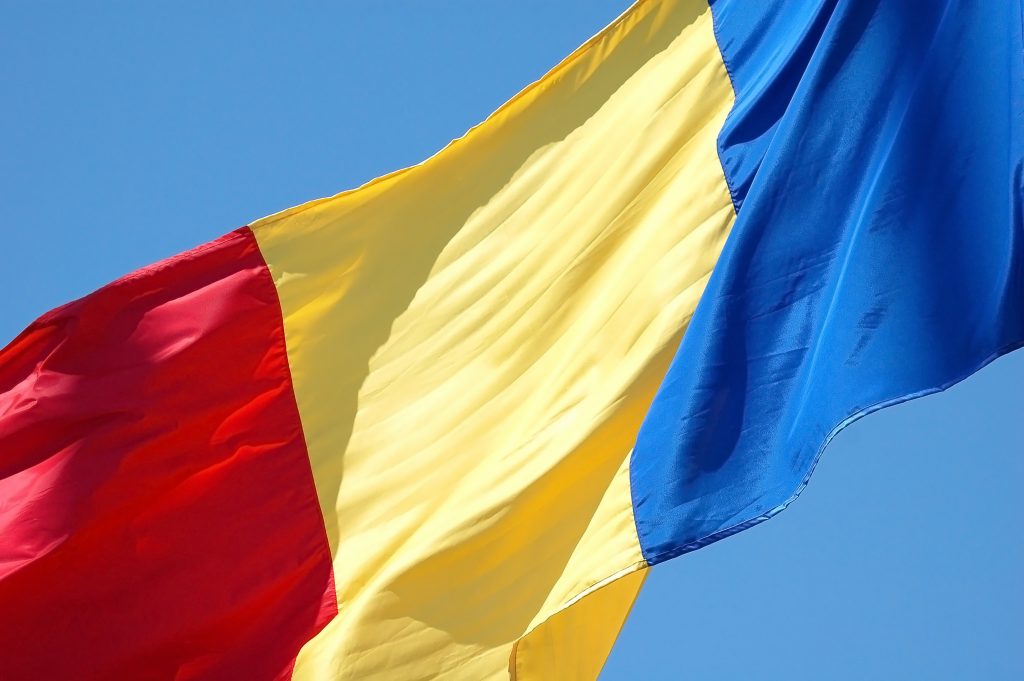Defined by Gabriel Almond and Sidney Verba as a set of attitudes, behaviors, assessment and provision of citizens in relation to the political system, the concept of political culture is often associated to the processes of the political and social change. Therefore, despite its contestation and its theoretical and conceptual evolution, the political culture continues to provide a fertile ground for the exploration and analysis of the Central and Eastern Europe which is in the process of democratic construction and consolidation.
Besides the defining and operationalizing the concept of political culture, a key issue for the study of attitudes, behaviors and political values is the availability of the information and sociological data. In the case of post-communist Romania, elements of political culture have found over time different sizes and characterizations in programs and research reports such as European Values Study, World Values Survey, the European Commission Eurobarometer, the Barometer of Public Opinion (conducted by the Foundation for an Open Society) and other research and analysis of the public opinion conducted by research institutes, civil society organizations, independent researchers and so on.
One of the most comprehensive sociological research on political culture, both in terms of defining the concept and the sample, (is one that) was carried out from November 2011 to April 2012 by the Multimedia Foundation for Local Democracy within the project “Civil Society Initiative”, financed by POSDRU (Sectoral Operational Programme – Human Resources Development) 2007-2013.
More about this, here…
